Technology
- Home
- Technology
- News
An eye implant and smart glasses restore some lost vision
Several dozen patients regained some of their vision thanks to an implant inside their eye paired with a set of smart glasses. The study was published Monday in The New England Journal of Medicine, and researchers report that patients could see well enough us…

Published 3 months ago on Oct 24th 2025, 5:00 am
By Web Desk
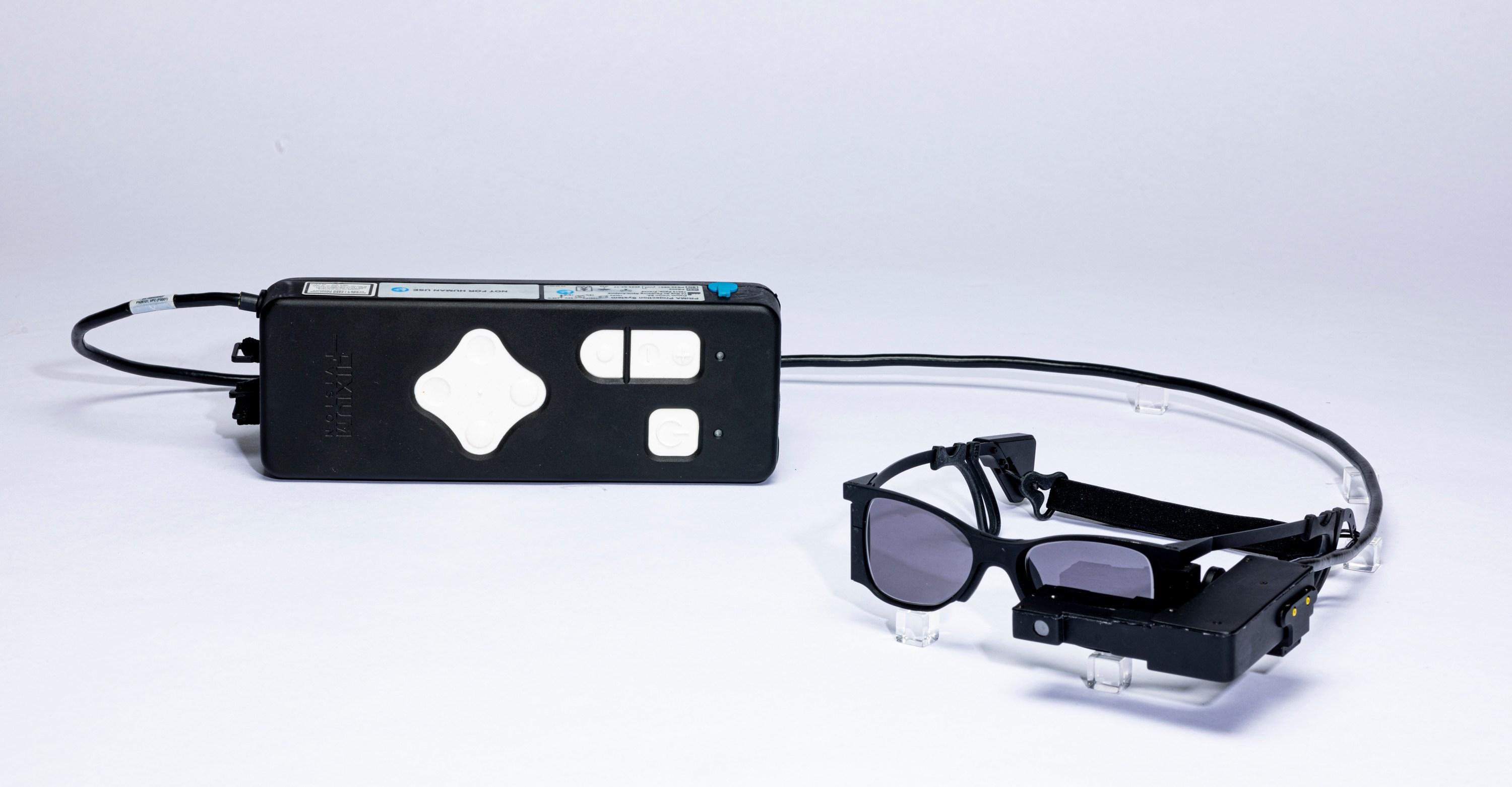
Several dozen patients with vision loss due to a progressive form of blindness called age-related macular degeneration (AMD) regained some of their central vision thanks to an eye implant paired with a set of smart glasses. The study was published Monday in The New England Journal of Medicine, and researchers report that patients could see well enough using the technology to fill out crossword puzzles and read regular books again. Participants included people aged 60 or older with diagnosed AMD in both eyes, and visual impairment of a measured visual acuity of at least 1.2 logMAR or worse in the study eye.
AMD cannot be reversed because cells in the center of the patients’ retinas die over time. The study focused on restoring some of that lost vision using a 2-by-2-millimeter device made of tiny photovoltaic solar panels. The device was surgically implanted under the retina in the patient’s eye. Patients wore camera-equipped smart glasses, which transmitted zoomed-in images of the world to the retinal implant using near infrared light. The retinal implant then pulsed small electrical signals into the optic nerve, mimicking what the cells of the retina would normally do.
The study started off with 38 patients who received the retinal implant, 32 of whom stayed in the clinical trial for a full year. At the one year mark, 26 of the 32 participants could see better than when they started — an 80 percent success rate. It’s not perfect; patients can only see a blurry vision of the world and only in black and white. But researchers uninvolved in the study called the work “amazing,” as reported by The New York Times.
The technology comes from the brain-computer interface company Science Corporation, whose founder and CEO, Max Hodak, cofounded Neuralink in 2016 with Elon Musk. Science Corporation acquired the retinal implant technology from the French medical device company Pixium Vision in 2024 after it ran out of money after a decade of working to develop the vision technology, as reported by IEEE Spectrum. It was a similar story to another well-known vision prosthesis company, Second Sight Medical, whose abandoned technology was rescued by another medical technology startup, allowing the clinical trial to continue.
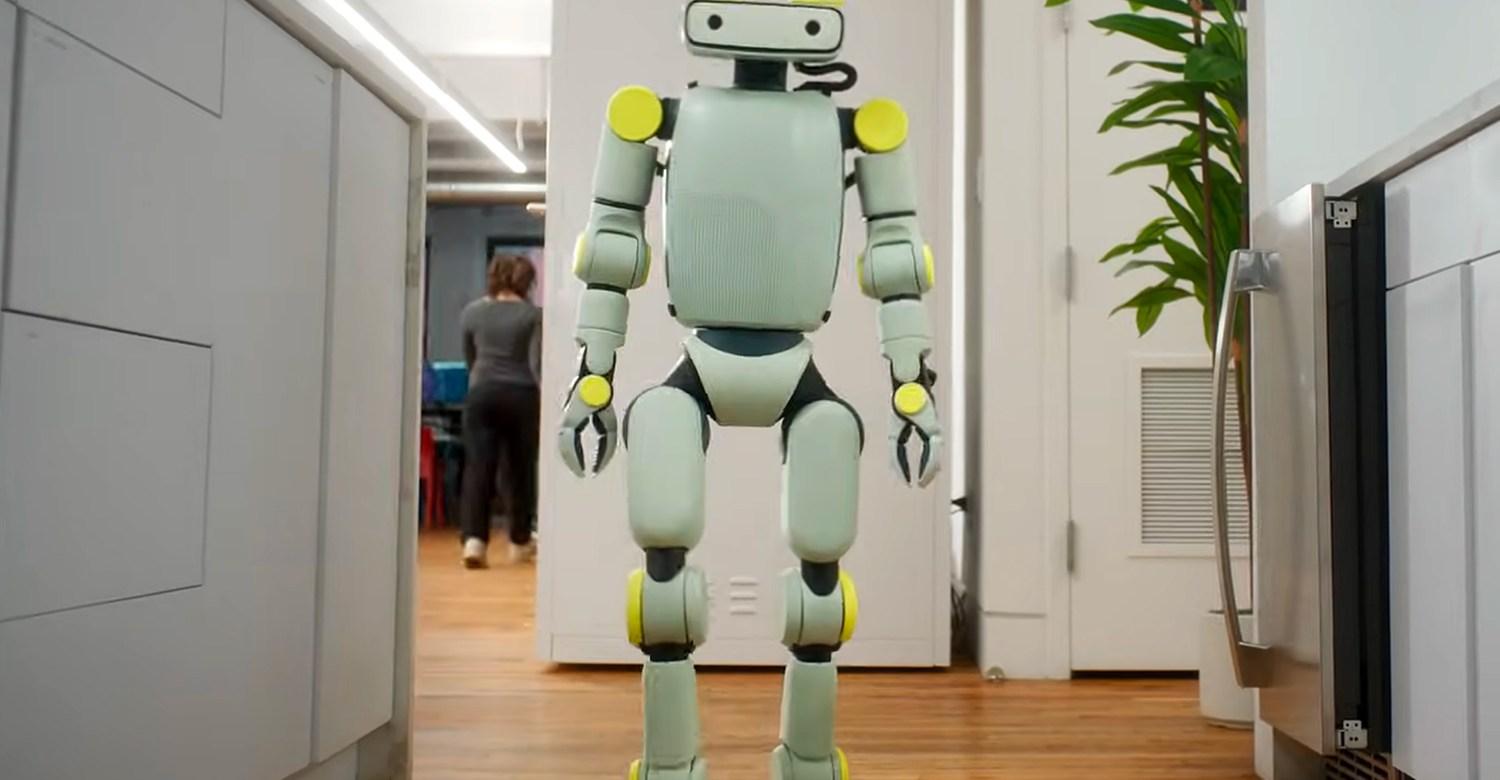
This soft humanoid robot is designed to be ‘physically safe and socially approachable’
- 2 گھنٹے قبل
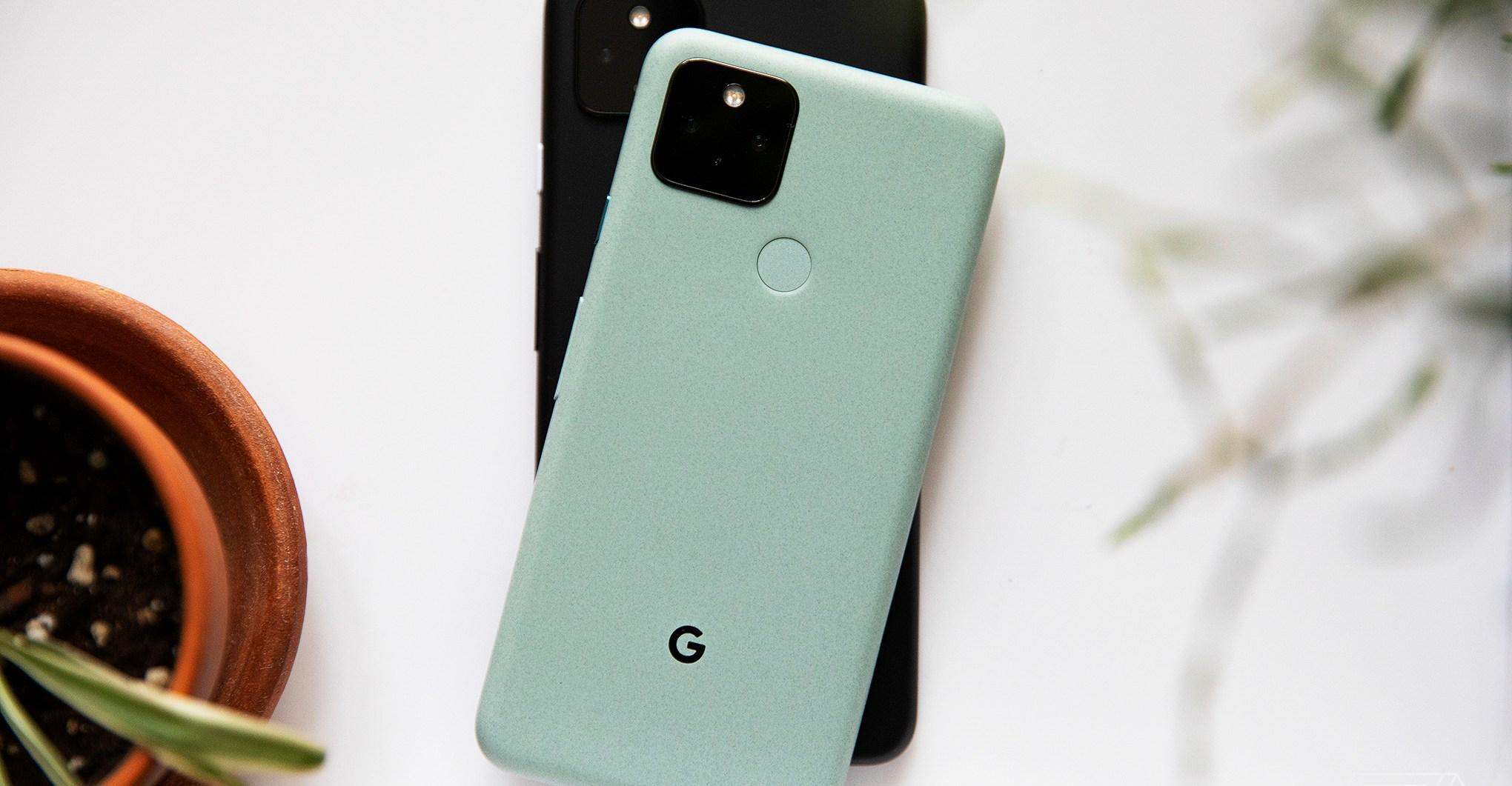
Google disables Take a Message on older Pixel phones amid audio leak bug
- 2 گھنٹے قبل

You may not like what comes after Charlie Kirk
- 22 منٹ قبل

There’s a silver lining to our health care cost crisis
- 21 منٹ قبل

Donald Trump’s ego might just save democracy
- 21 منٹ قبل

Send Help is an ode to every worker who has had a bad boss
- 2 گھنٹے قبل

Bluesky is testing ‘live’ features to take on X
- 2 گھنٹے قبل

Welcome to the February issue of The Highlight
- 20 منٹ قبل

The small film that answers the big questions
- 2 گھنٹے قبل
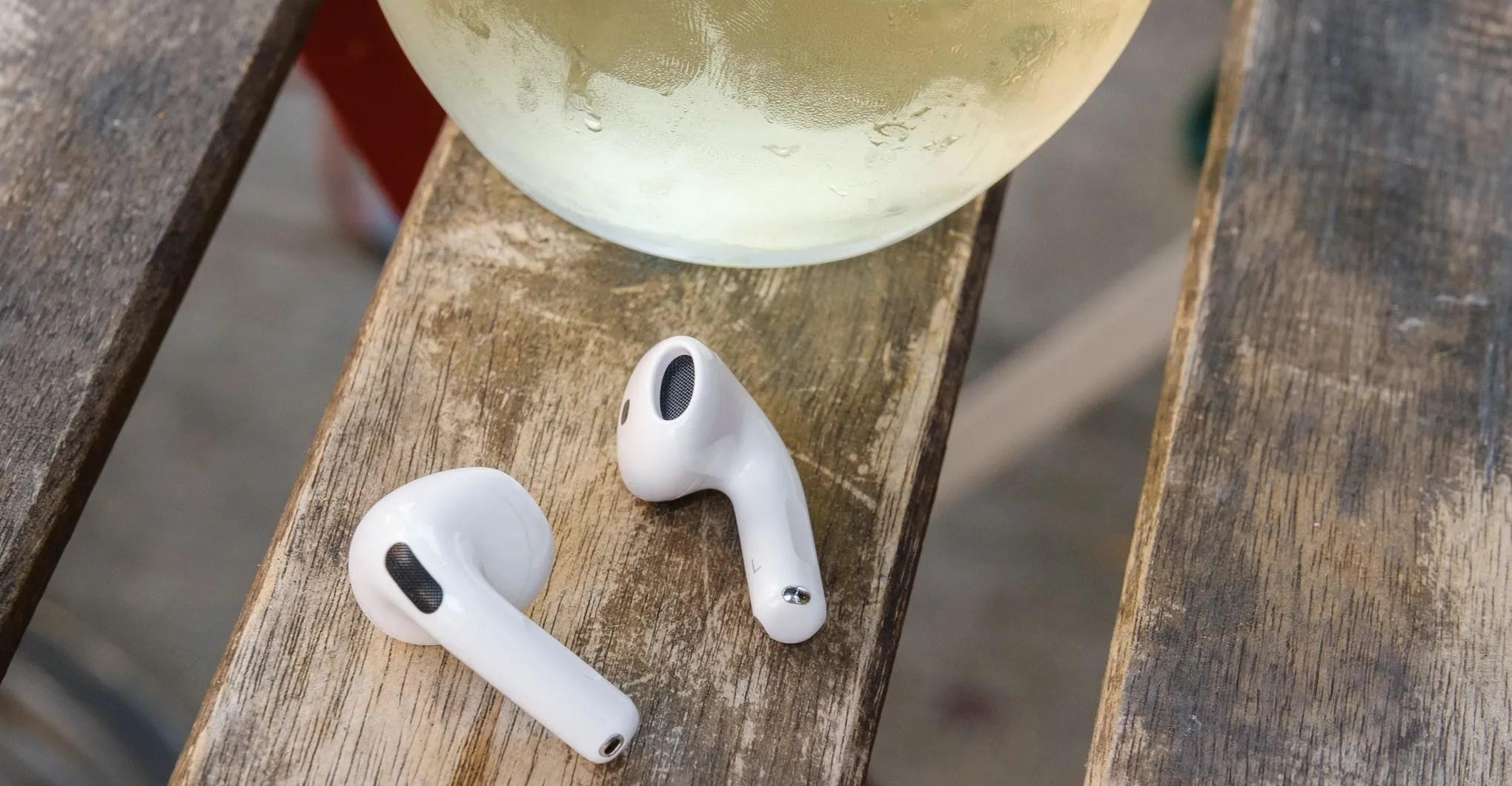
The noise-canceling AirPods 4 are down to $120, one of their best prices yet
- 2 گھنٹے قبل

Ted Lasso season 4 hits Apple TV in the summer
- 2 گھنٹے قبل
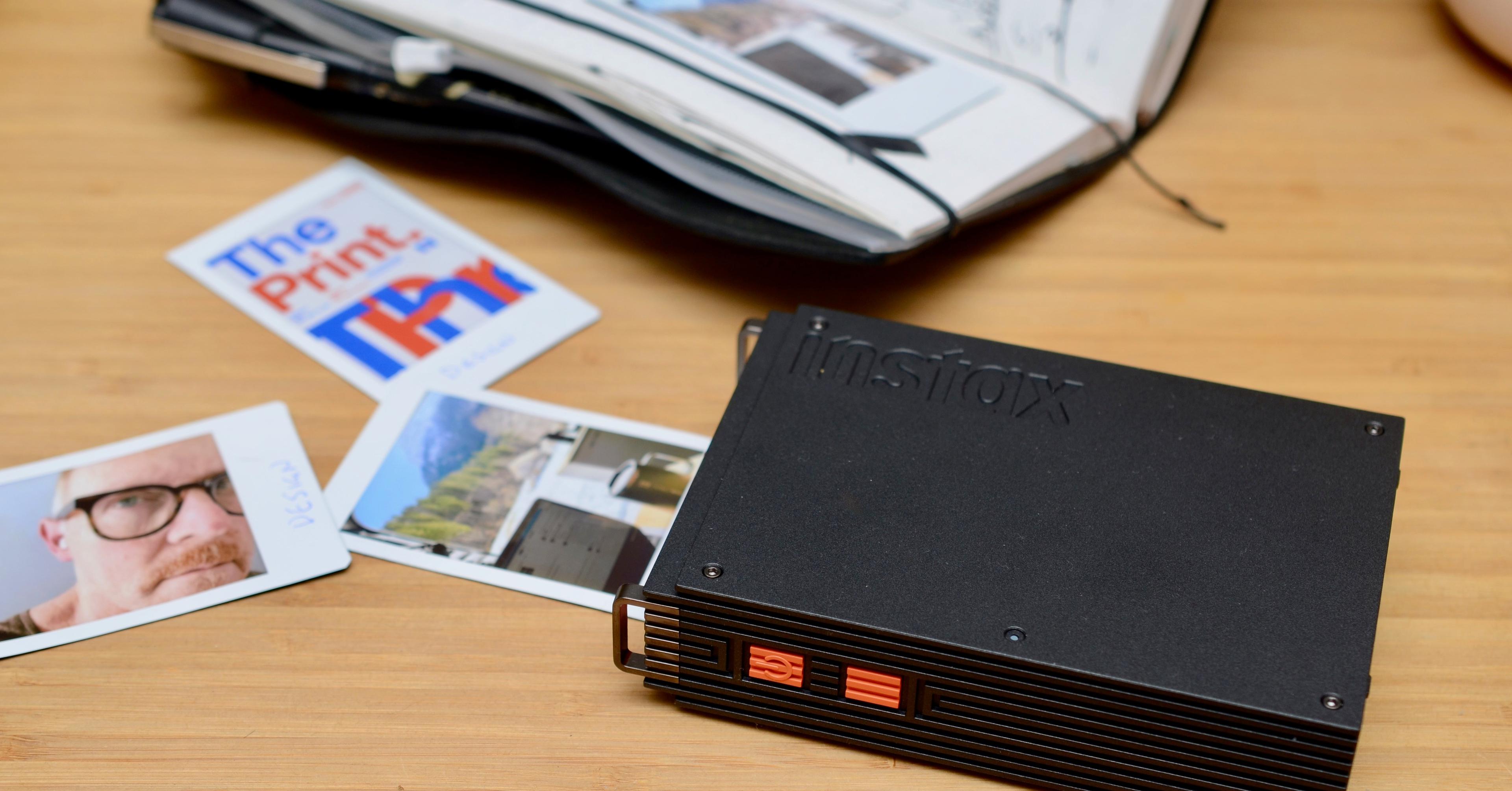
The latest Instax printer is a pricey but worthy upgrade
- 2 گھنٹے قبل
You May Like
Trending





